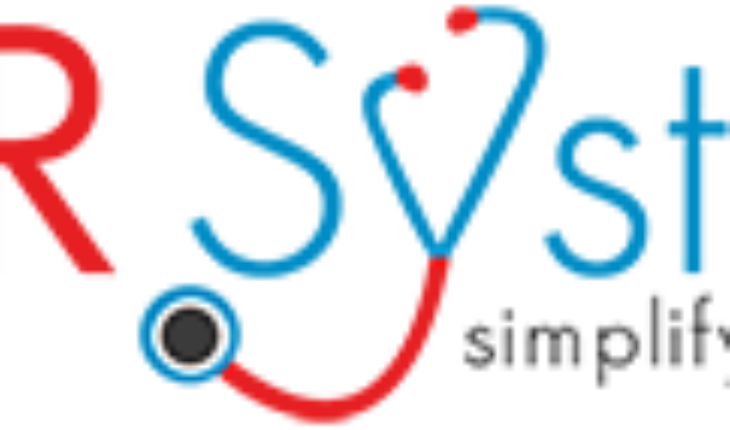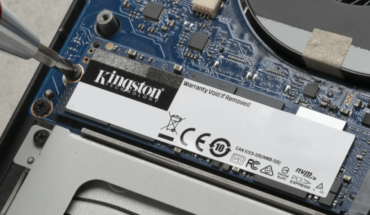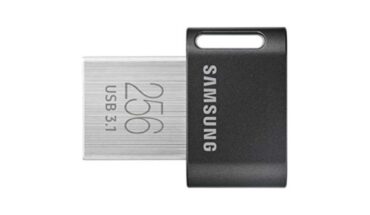Optimizing Chemotherapy Management with Oncology EMR
Chemotherapy treatment is one of the most intensive and complex areas within oncology. Managing chemotherapy requires meticulous planning, close monitoring of patient reactions, accurate dosage adjustments, and a detailed record of progress over time. Oncology-specific EMR (Electronic Medical Record) systems are now indispensable tools that streamline chemotherapy management, allowing oncologists to focus on providing personalized care rather than dealing with administrative overload. These systems not only support doctors with decision-making tools but also ensure compliance with strict regulatory standards, thus safeguarding patients from potential medication errors and enhancing the overall care experience.
Oncology EMR systems have become integral in transforming how chemotherapy is administered. These systems utilize real-time data access, sophisticated dosage management, and patient monitoring to improve outcomes. Let’s explore the role of Oncology EMR in chemotherapy management, key features that make these systems crucial, and a selection of the best software options available.
Key Benefits of Oncology EMR in Chemotherapy Management:
Precise Dosage Tracking and Scheduling:
-
- Oncology EMRs are specifically designed to handle complex chemotherapy regimens, including specific dosage and timing requirements.
- Built-in safeguards reduce risks by alerting staff to dosage discrepancies, ensuring that every dose is administered with precision.
Real-time Data Access for Enhanced Monitoring:
-
- Oncologists can access a comprehensive view of each patient’s health history and real-time updates, including lab results and response data.
- Enables prompt adjustments to chemotherapy regimens, improving responsiveness to patients’ evolving needs.
Regulatory Compliance and Reporting Capabilities:
-
- Oncology EMRs facilitate compliance with the regulatory standards required for chemotherapy and drug administration.
- Reporting features help track patient outcomes, treatment efficacy, and medication use, all of which are crucial for audits and quality assurance.
Improving Patient Experience with Oncology EMR:
- Oncology EMRs offer a streamlined interface for scheduling, follow-ups, and test results.
- By integrating with patient portals, these systems allow patients to review treatment plans and medication schedules, helping them stay informed and engaged in their care.
- Reduces wait times and administrative tasks for patients, improving their overall experience and reducing treatment-related anxiety.
- Epic Systems – Known for its comprehensive oncology modules and flexibility.
- Cerner Oncology – Offers extensive data analysis and patient tracking features.
- Varian Aria Oncology – Specializes in integration with radiation and chemotherapy systems.
- Kareo Oncology – Provides tailored solutions for smaller oncology practices.
- OncoEMR by Flatiron Health – A leading solution for data-driven, evidence-based decision support.
Share This Story, Choose Your Platform!
Go to Top








